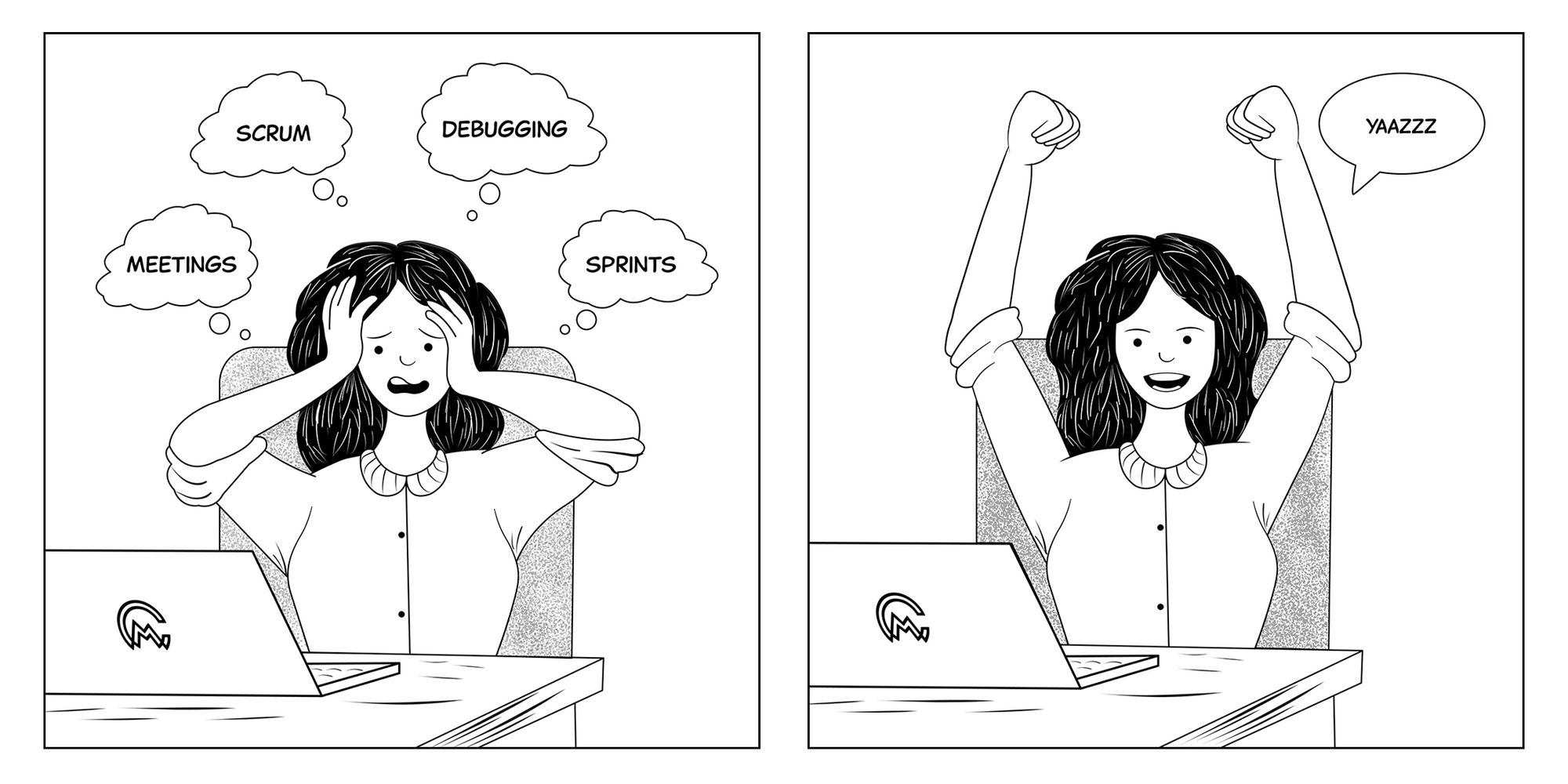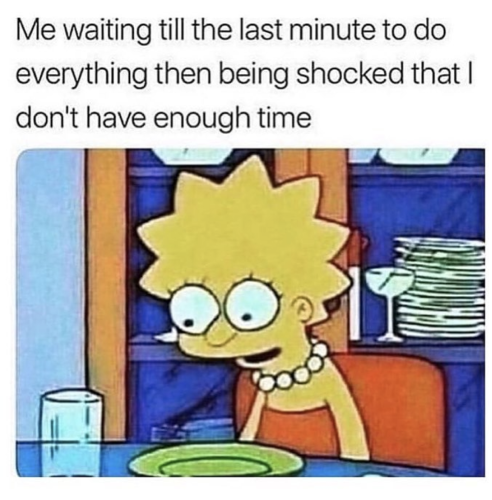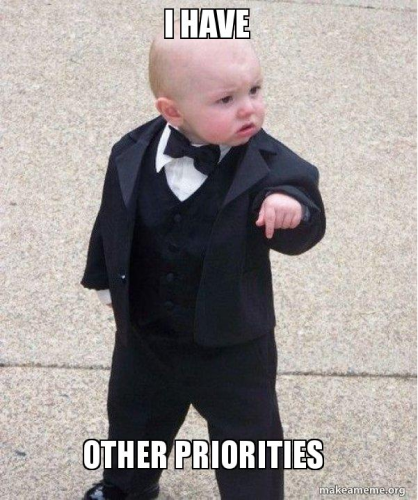Practices to Boost your Productivity as a Developer
In this world of distractions, it can get quite taxing to focus on the task at hand. It's very easy to tell yourself to be productive, but where does one start? It's all about baby steps, day by day, a couple of which I will cover with you in this post.

As a developer, you often live on the edge of either work deadlines or personally set deadlines. More often than not, the stress through the deadlines could lead you to feel overwhelmed, gradually affecting your productivity levels.
How often do you find yourself in the middle of a mental block, feeling exhausted, and unable to work efficiently?
This is something you’d need to introspect.
It’s simply human nature to want to push off things and procrastinate to a point of no return and then end up overworking yourself to meet the deadlines. However, the whole act of procrastination is what leads to the feeling of inadequacy at work.

Is this something you can work on? Definitely!
How? With time and patience.
Routined habits take time to build, which is why it’s not something that would just magically change overnight! Forcing yourself to adapt to a 180-degree change in behaviour would just add to your stress. It’s important to be patient and take one step at a time.
Fun fact - it takes exactly 28 days to make or break a habit! Now start by using this information to work on your ‘new’ routine.
There are numerous different ways to work towards implementing changes, but I thought I’d share the ones that I’ve personally found most effective.
Break down your problems
It’s not a rule nor a necessity for you to head on approach any problem as is. You’re allowed to break it down into sub-tasks of your own. DO THAT! It’s always easier to finish off any sub-task you break down and create on your own that adds to the completion of the main task.
Just try jotting down a small to-do list on your notepad or notes app daily. Add all the tasks and sub-tasks you plan to achieve on that particular day and tick it off as you go! (Personal tip: It’s quite self-motivating too!)
Breaking down work into smaller chunks of tasks; Brainstorm scenarios with peers; Testing your code, writing unit test cases and plan out work before execution - Chinmay, fellow Codemonker.
Know what you have to do and why
Many times, we developers, just go ahead and solve the task given to us and move on to the next, but is that really what software development is all about? Innovation, creation and the whole process of building the product are a part of development. Ask yourself these questions the next time you’re working on a task or product:
- What is the product?
- Who would be the user of this product?
- What are all the possible use cases of this product?
- Is there a UI/UX Design? Would it appeal to the end-user?
- What is the current tech design/stack/architecture used in this product?
- Can I reuse an existing code/component?
- How can I make the code/product more efficient?
These are just a couple of the many questions you can ask yourself to help you approach the task given more efficiently and be a better developer.
If there is a written set of requirements, read those requirements 2-3 times for better clarity and understanding - Chinmay, fellow Codemonker.
Note-it
Make use of a notepad. NO! The one on your phone or laptop isn't it. A real notebook, as well as a pen and paper. That's all there is to it. The habit of brainstorming on a piece of paper and writing down any new ideas or thoughts as they arise simplifies a lot of your work and allows you to concentrate better on the subject at hand. You can only hold so much information in your head. It's also a lot easier to solve a problem when you've visualised how you'll approach it. Ask yourself what the task is, consider all of the various solutions, devise your strategy, and stick to it. I'm not yelling... I'm only trying to motivate you to achieve your objectives and enhance your productivity!
Even though there is an infinite amount of work to do, just have a clear to-do list of tasks that can be completed in the day - Kiranraj, fellow Codemonker.
Know your priorities

Through every to-do list, you have each day, there will always be certain tasks that are a little high on priorities as compared to the others. Make it a habit of yours to first identify and sort all tasks by urgency. Clear out the top of the list first and work your way down. Easy.
Knowing that you don’t have to finish everything all at once and knowing which tasks to attend to first and which next, helps your mind function more productively and be stress-free.
Mute notifications related to not so important email and chat now and then - Kiranraj, fellow Codemonker.
Know your hours
Have you ever been asked, "Hey, do you prefer the day or the night?"... in all likelihood, yeah. But what does this have to do with productivity?
A day person prefers to work and perform activities throughout the day and feels most energised doing so. A night person, on the other hand, feels most energised doing the same tasks at night. This also tells you when you're at your most productive.
Make plans for your day based on what you've learned. And, of course, remember to take breaks.
Taking breaks in between helps me from being exhausted (We can do any minor activity we want in that break-generally 5 to 10 mins-except sitting in a chair and surfing the internet). This technique is called the Pomodoro technique technically - Abhishek, fellow Codemonker.
TL;DR:
- Break down every problem and task you plan on confronting.
- Know what you're doing and find out if you don't, before you start.
- Take Notes!
- Know what your priorities are
- Stick to your hours and what's best for YOU!
I hope this guide (out of many more to come) helps.

